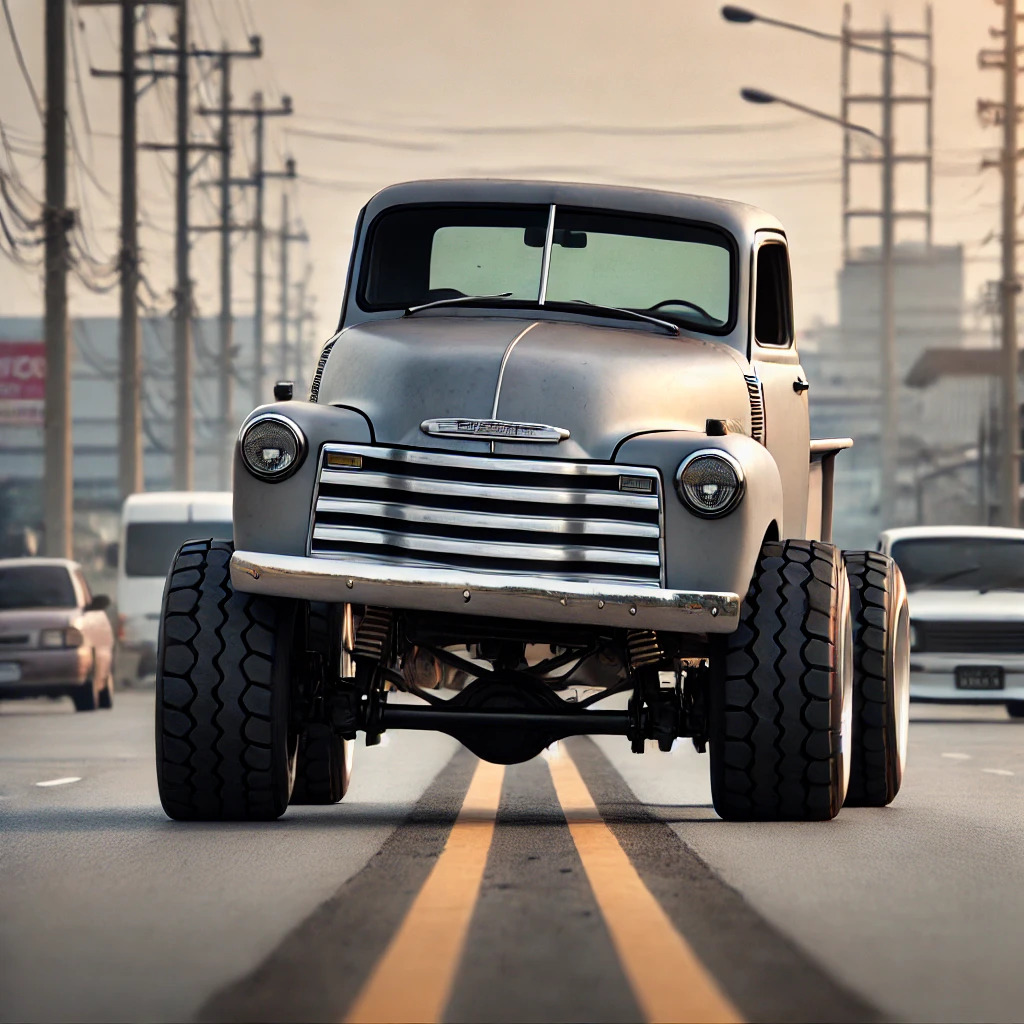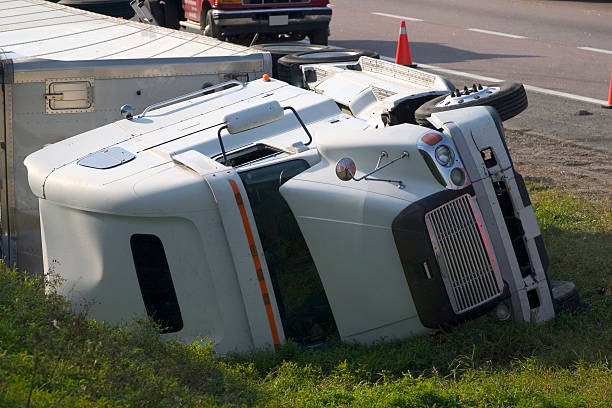Lawyer or attorneys practice in a variety of fields, including family law, commercial law, personal injury, criminal defense, and others.

Louisiana Squatted Truck Law: What You Need to Know
If you’re from Louisiana or just love your car culture, you might have heard of the “Carolina Squat” style. It’s a truck mod where the front end is raised, and the back is lowered, creating a signature lean.
It might look cool to some, but it’s also controversial and now restricted in a handful of states, including Louisiana. Here, I’ll break down what this law means, why it exists, and what it means for drivers who love customization.
So, What’s the Big Deal with Squatted Trucks?
First, let’s talk about why this trend even exists. The squatted truck look started in off-roading culture, where angling the truck helps with tricky terrain. But the look took on a life of its own, turning into a style statement for city and highway drivers, too. People love the unique, stand-out appearance—it’s like giving your truck a personal twist. But as cool as it might look, there’s a flip side.
The main issue is visibility and control. When you lift the front and lower the back, the truck’s lights aim differently. Even if the beam pattern stays the same, the angle is all off. That can cause two problems: it makes it hard for the driver to see the road properly, and it can glare right into the eyes of oncoming drivers. Not great for safety.
Why Louisiana Decided to Step In
Louisiana’s new rule isn’t just about style policing. The primary goal here is to keep roads safe for everyone. Just like how lifted trucks can be dangerous if the lift is too extreme, squatted trucks have shown some real safety concerns, both for the driver and for other people on the road. Think about it: if the driver can’t see well because of the angle, it’s easier to miss obstacles, cars, or even pedestrians in their path.
Plus, there’s evidence out there to back up the concerns. In Virginia, a tragic accident involving a squatted truck was one of the main events that got lawmakers and safety advocates taking a closer look. The accident was a wake-up call, and maybe this trend isn’t so harmless after all.
What to Do After a Car Accident
What the Louisiana Law Covers
So, what does the Louisiana squatted truck law actually say? Here’s the gist:
- Height Restrictions: Louisiana has set limits on how much you can alter the height of your truck, both in the front and back. Extreme squats that mess with headlight angles and driver visibility are a no-go.
- Safety Checks: Modified trucks need to pass state safety inspections. If the squat is too extreme, you won’t pass the test, meaning your truck won’t be street-legal.
- Penalties for Non-Compliance: Break the rules, and you’re likely looking at a fine or even an order to revert your truck to a safer height.
In short, Louisiana is saying, “Feel free to customize—but keep it safe.”
Not Everyone’s On Board with the Change
Naturally, not everyone is thrilled with the squatted truck ban. Many fans of the Carolina Squat see it as a form of expression. For them, it’s like any other car mod: a way to stand out and make their vehicle unique. There’s even some worry that banning this specific style could lead to more rules down the line, limiting other types of modifications.
Are Other States Doing the Same?
Louisiana isn’t alone here. Other states have also moved to limit squatted trucks, especially North Carolina, which doesn’t allow a front lift of more than four inches higher than the rear. There’s a growing trend of states pushing back against the Carolina Squat, and we might see even more states taking action in the future.
Frequently Asked Questions About Louisiana’s Squatted Truck Law
1. Is the Carolina Squat fully banned in Louisiana?
Not exactly. Louisiana isn’t banning the style itself but is setting limits that prevent extreme squats from hitting the road. The goal is to keep drivers and pedestrians safe.
2. Why is this style considered dangerous?
It’s all about visibility and control. The squatted angle makes it harder for drivers to see what’s ahead, and it can cause serious glare for oncoming cars.
3. What happens if my truck doesn’t meet the standards?
If your truck doesn’t meet Louisiana’s safety standards, you might be looking at fines or required adjustments to make it roadworthy again.
4. Can I reverse the modifications to comply with the law?
Yes, most modifications are reversible. If you want to bring your truck back to a standard height, a mechanic can help with adjusting the suspension.
Why the Law Matters
When it comes down to it, Louisiana’s squatted truck law is all about keeping roads safe. While it may feel restrictive for those who love car culture and customization, it’s a step toward ensuring that all drivers have clear visibility and don’t pose risks to others.
Think of it this way: when you’re driving, you’re not only responsible for your own safety but also for those around you. If one modification—like squatting your truck—adds to the danger, it’s worth reconsidering. There are other ways to make your vehicle look unique without impacting safety.
Final Takeaway
Louisiana’s law doesn’t mean the end of customized trucks. There’s still room to get creative and make a statement. The state just wants to make sure that, in doing so, no one’s putting others at risk. As squatted trucks and similar trends continue to make their way across the country, other states may follow with similar rules.
So, if you’re a fan of the Carolina Squat, just know the rules and consider whether a less extreme modification might still achieve the look you want. After all, safety should always come first, for you and everyone else on the road.









